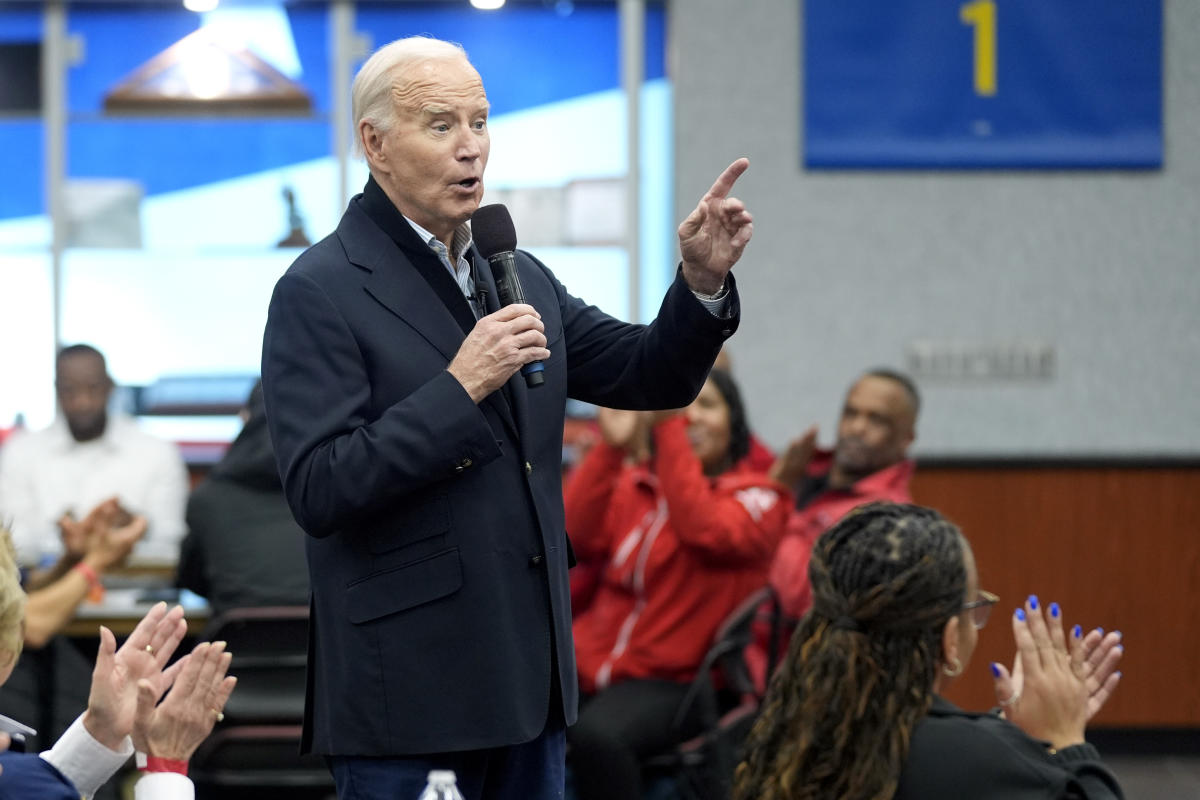The Golden Bachelor — which averaged 9.92 million viewers in its first season — may have piqued interest in late-in-life marriages, but rates of remarriage among older adults in America have been picking up steam for a while. In 2013, data from the Pew Research Center showed that two-thirds (67%) of previously married adults between the ages of 55 and 64 had remarried. And 50% of adults ages 65 and older had remarried, compared to just 34% in 1960.
For some older couples, it’s their first trip down the aisle. A 2022 study noted a sharp rise in the rate of adults in midlife (ages 40 to 59) getting married for the first time.
B. Lynn Goodwin of California was even older. She met her husband online in her late 50s and married four years later when she was 62. “I had never been married before, so when I met Richard, there was an unspoken worry: ‘Is this my last chance?’ I always wanted to be married, but it wasn’t until afterward that I realized how it ended my loneliness — something I wasn’t even aware I had,” Goodwin, who wrote about her experience in a 2017 book, Never Too Late: From Wannabe to Wife at 62, tells Yahoo Life. “I felt like I was finally fitting in for the first time in my life.”
According to licensed marriage and family therapist Julie Mermelstein, there’s a benefit to finding love as an older adult. “Later-in-life marriages often succeed because people this age have gotten a lot out of their systems — maybe even failed marriages or relationships,” she tells Yahoo Life. “They’re more discerning and really know what they want. They’re also not acting on impulse as much as younger people do because they know what’s at stake and have established lives with their family. They don’t idealize things as much and are less caught up in fantasy.” And while The Golden Bachelor may not have resulted in everlasting love the first time round — Gerry Turner and Theresa Nist announced their plans to divorce about three months after tying the knot in a televised ceremony — Mermelstein believes there’s value in having dating shows that make older people feel less invisible. “It shows that sex and romance are still possible later in life, and that with age comes fun and excitement,” she says.
Elaine Ambrose, the Idaho-based author of Midlife Cabernet, met her third husband, Ken, on a blind date and felt an immediate connection. For nine months, they carried on a long-distance relationship through phone calls, texts and romantic weekend getaways, the memories of which still make her blush. “Being an older bride has advantages: My children were grown, my career [was] established and I was determined not to make any more relationship mistakes,” she tells Yahoo Life.
“I’m not proud of my two divorces,” Ambrose adds, “but I finally found someone willing to accept me as the lovable goofball I am. I’m more self-sufficient and independent, so I can base the relationship on genuine affection. Our marriage is secure, and we’re grateful to avoid the drama we experienced in past relationships.” In 16 years of marriage, they’ve weathered the challenges of blending families and life as empty nesters. “We’re turning into old curmudgeons because our favorite activity is to sit on the patio with adult beverages and listen to music,” she says. “Life is comfortable.”
Entering a new relationship armed with experience and resiliency can be an asset. For some older divorcées, there’s also the chance to get things right the second time, including the wedding itself.
“My first wedding wasn’t very traditional,” says Kristen of Florida, who asked to not share her last name. “We used a notary to officiate the vows. The difference with my second wedding was enjoying the planning process with my adult children and [my husband] Steve’s daughter. Before that, we went through Christian counseling for six weeks, then shared the wedding ceremony at our home with 80 friends, family and a pastor from our church.”
Kristen’s first marriage lasted 27 years, during which time the couple welcomed three children. She doesn’t consider the relationship a failure; it was successful and loving for a long time. “But we were young and probably didn’t discuss certain expectations. We could not have the partnership we needed when we faced challenging times,” says Kristen. She says she and her second husband came into the marriage with a better sense of self and a higher appreciation for getting a second chance at love.
“Having this loving and committed companionship at our age is important as we navigate the aging process mentally, physically and financially. Our adult children also feel more secure knowing that Steve and I are taking care of each other,” adds Kristen. “We enjoy blending our families together without the stress and time management issues we faced when we were younger raising children, building careers, handling jobs, school and finances. But appreciation is a large reason this marriage will be more successful than my last, because at our age, we know our time together will be limited. And that makes it much more precious to us.”
According to Mermelstein, transparency and trust are the secrets to making these relationships last. “Communication is key,” she says. “It’s a little easier at this age because seniors are more self-aware and can better communicate their needs. They don’t want to grow old alone, so they’re willing to work harder at the relationship.”
She adds, “One of the best ways is to be flexible, realistic and playful. It’s all about having fun with each other and enjoying the final chapter of life together.”
Signup bonus from





